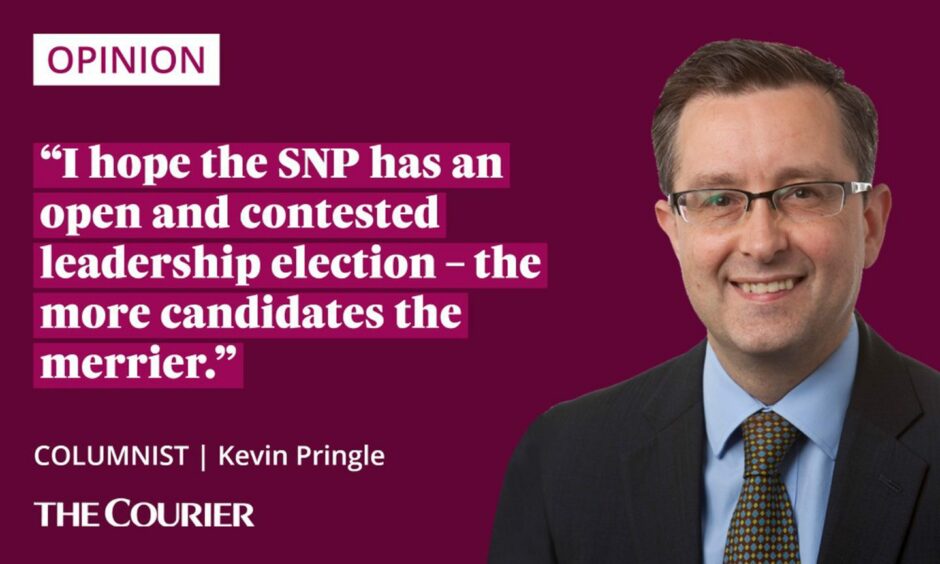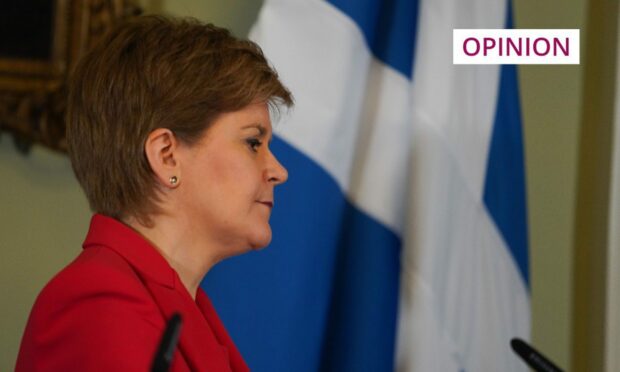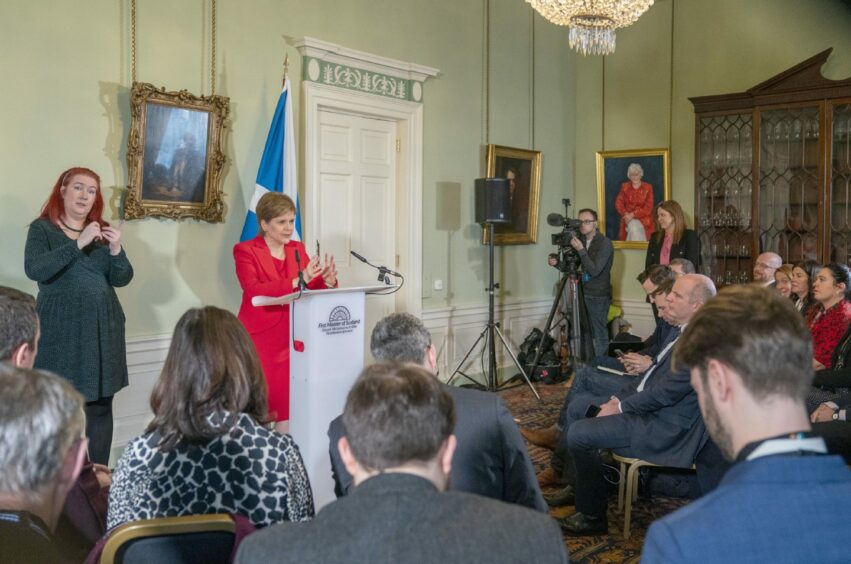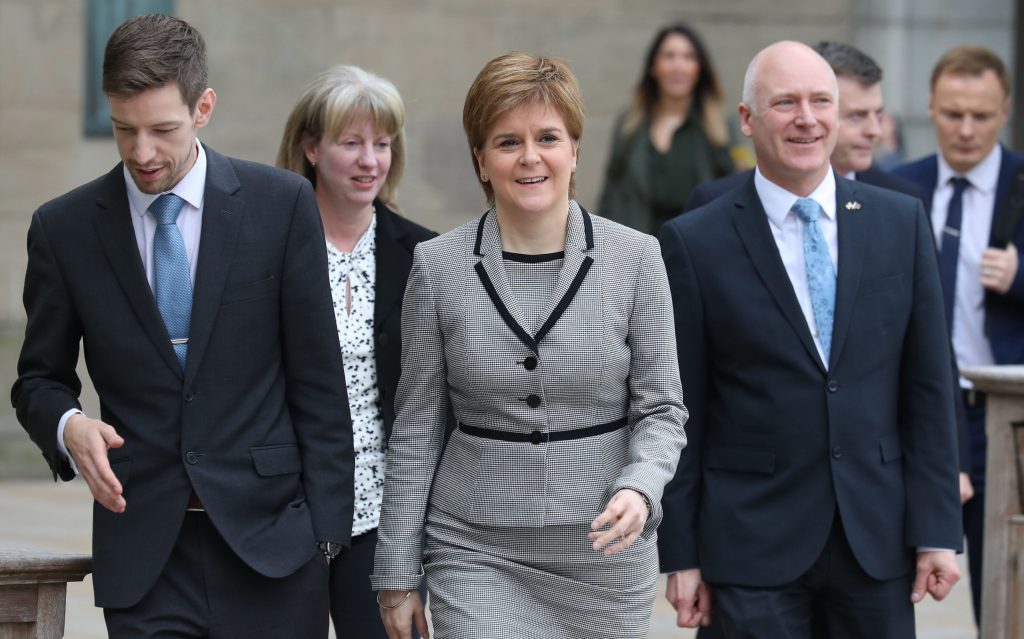Nicola Sturgeon rocked not just Scotland but politics across the UK, and perhaps even further afield, with her shock resignation statement.
She made her announcement on her own terms, at a time when the questions are all about why she is leaving rather than why she’s still there.
Her statement was gracious and moving, and reflected the character and calibre of the person who has held the post of First Minister for longer than any of her predecessors.
For me, the most significant bit was when she said that a big reason she was stepping aside is because she thinks she has become a polarising figure.
That’s a tough admission for anyone to make, particularly a politician, part of whose job is to be popular.

For some years now, both in Scotland and across the UK, we have been in an era of binary politics.
And Ms Sturgeon has been at the centre of these polarised debates: independence versus the Union, staying in the EU versus Brexit.
Setting aside the merits or otherwise of the issues, individual policies such as transgender law reform have also (ironically it might be argued) become binary political rows.
To my knowledge, Ms Sturgeon isn’t a divisive figure in terms of her character and personality, far from it. But, inevitably, the polarisation of our politics has attached itself to how people view her. And that was probably only going to continue at this stage.
I stand in solidarity with @ForWomenScot and all women protesting and speaking outside the Scottish parliament. #NoToSelfID pic.twitter.com/5vZNaZu13H
— J.K. Rowling (@jk_rowling) October 6, 2022
In that sense, Ms Sturgeon’s imminent departure is as much a commentary on the public discourse of our times as it is about her track record and leadership.
Critics will argue that she added to this climate of political division. But if that’s so I think it was a result of missteps rather than intention or instinct.
Nicola Sturgeon resignation should not overshadow her legacy
There will be much talk of her legacy. But for me that is a matter for long consideration: looking back and assessing from far into the future, wherever we may be at that point.
Snap judgements will be too partial and too soon.
I think an underrated part of her tenure as first minister is taking the tax and welfare powers that were transferred from Westminster to Holyrood in the aftermath of the independence referendum, and applying them in a different and more progressive direction.
After all, uniformity of tax and benefits has been an identifier of a unified UK, and the parliament’s original revenue powers were never used.
Once upon a time, income tax rates were the be-all-and-end-all of politics throughout the UK.
This may have been drowned out by noisier debates of more recent vintage. But tax and spending decisions still are – or should be – central to the business of government.
Under Ms Sturgeon’s tenure, there has been social democratic redistribution to benefit the lowest-income households: families facing the most severe plight of the cost of living crisis.
The Scottish Child Payment, for example, has been called a “game-changer” by anti-poverty groups.
Nicola Sturgeon resignation is an opportunity for SNP
The latest opinion poll gave the SNP an 18-point lead in the constituency vote for a Scottish Parliament election.
In difficult times, that’s a strong political legacy to bequeath her successor.
I hope the SNP has an open and contested leadership election – the more candidates the merrier.
That way, the big policy issues for our economy and public services, and ideas about the route map and timescale for independence, can be thoroughly debated.
And the SNP can move forward in a manner that does justice to Nicola Sturgeon’s long record of public service.













Conversation